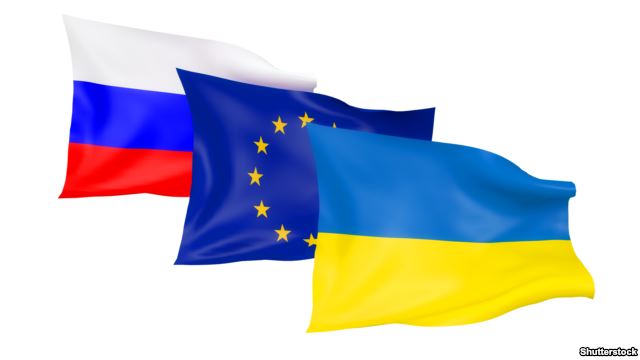Ukraine is obliged to pay Gazprom 2 billion USD of debt by the end of October, and the rest, 1,1 billion USD, before the year is over. As Gunther Oettinger noted, by the end of the year Kyiv is obliged to pay 3 billion dollars of debt in total.
The EU Commissioner also reported that the Stockholm Court would decide the fate of the remaining part of the debt and the process of its payment.
Minister of Energy and Coal Industry of Ukraine Yury Prodan insisted on this. He noted that all the decisions made as of today are only a compromise for the next six months, adding: “First and foremost we need, at least in the interim period, a normal commercial price. Unfortunately, today we failed to reach an agreement with the Russian side regarding the mechanism of gas price formation itself.”
Russian Minister of Energy Oleksandr Novak stated that the EU and the World Bank will be able to guarantee Ukraine’s payment of debt for the Russian gas that had been imported before.
“As of today, Naftogaz’ total debt to Gazprom constitutes 5,3 billion USD, and includes two component. They are debts for the last two months of the previous year, as well as for the gas that came in April, May, and June of the current year,” Novak said after the meeting in Berlin.
How will Ukraine survive the winter?
Gazprom is obliged to supply Ukraine with 5 billion cubic meters of gas in the nearest months. However, under the condition that Ukraine pays the 2 billion dollars of debt and will continue to pay for the future supplies, at a price of 385 USD per thousand cubic meters. The so-called ‘winter energy package’ will be effective throughout six months and should be signed by the end of the following week.
EU Commissioner Oettinger considers this gas argument incredibly complicated, as it is political. Whatever the case may be, the problem has to be solved immediately: taking into account that winter is approaching, the EU Commissioner noted.
For joint energy security
Hesitation threatens not only Ukraine, but also the stability of gas supplies to EU countries. “If the winter energy package does not work, there is no guarantee that winter 2009 will no repeat itself. I really hope that the sides will sign it next week,” Oettinger stated.
According to the EU Commissioner, the winter energy package agreement is a good decision for the next half-year, and satisfies Kyiv, Moscow and Brussels.




